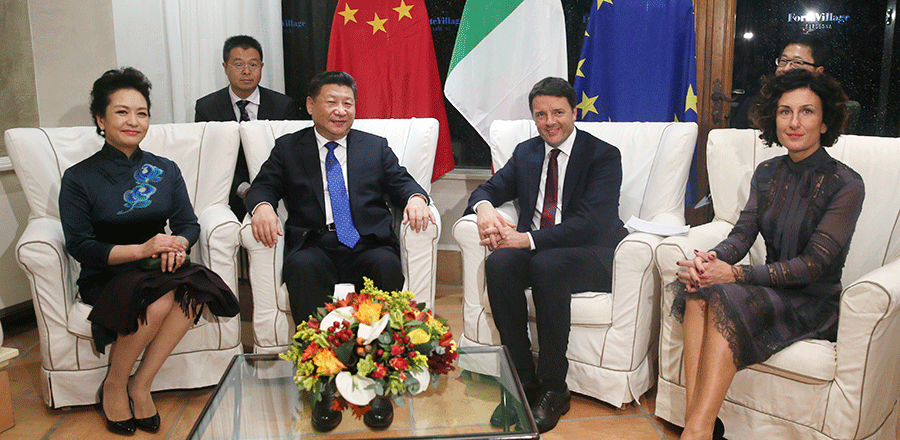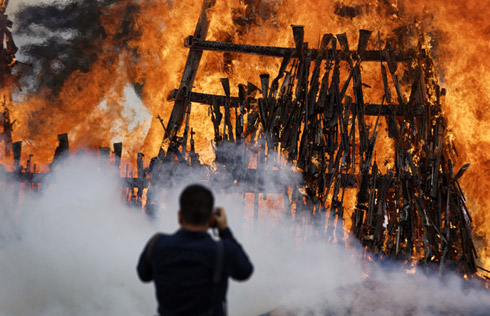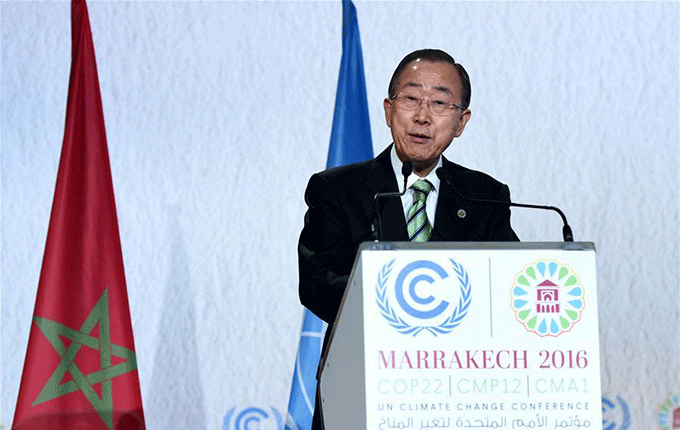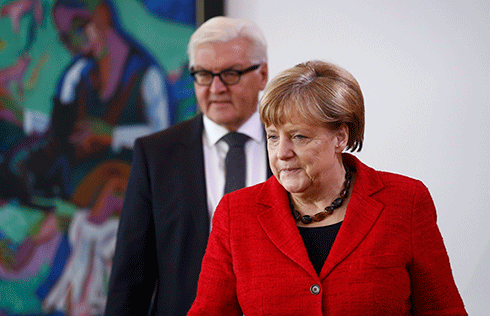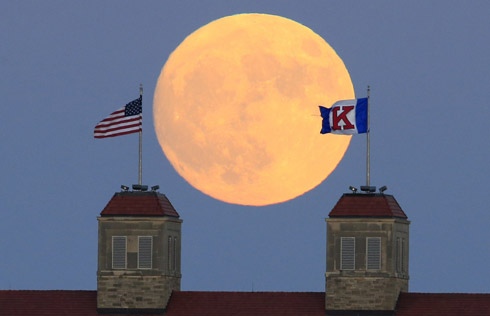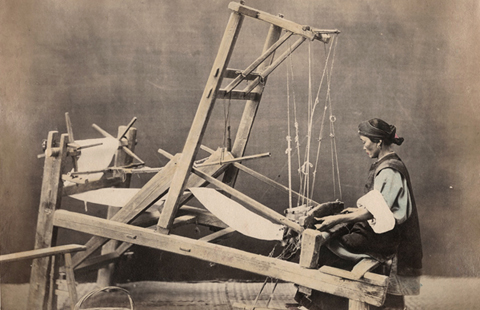Pope resigns due to 'deteriorated strength'
|
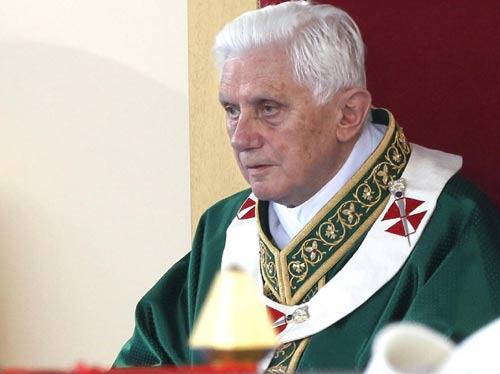 Pope Benedict XVI leads a mass near the relics of Saint Celestino V during his pastoral visit to Sulmona, central Italy, July 4, 2010. |
ROME -- Pope Benedict XVI said during a meeting of Vatican cardinals on Monday that he will resign on February 28.
Speaking in Latin language, the 85-year-old Pope said that after deep reflection he has come to the certainty that his strengths, "due to an advanced age, are no longer suited to an adequate exercise" of his ministry in today's world, subject to rapid changes and questions of strong relevance.
"Well aware of the seriousness of this act, with full freedom I declare that I renounce the ministry of Bishop of Rome," he said adding that was quitting "for the good of the Church."
He also announced that he would step down from the helm of the Catholic Church at 8:00 pm local time (1900 GMT) on February 28, leaving the papacy vacant so that "a Conclave to elect the new Supreme Pontiff will have to be convoked."
He also said that he wishes to continue to serve the church "through a life dedicated to prayer". Upon resigning, he will move to the papal summer residence near Rome, and then will transfer to a cloistered residence in the Vatican.
The pope's spokesman Federico Lombardi told a press conference soon after the announcement that Benedict will not take part in the conclave to elect his successor. The new pope could be elected before the end of March among several contenders in the wings.
The cardinals gather in the Conclave and vote in a process of secret balloting where a two-thirds majority is needed to elect a new Pope. If after 12 days a pope has still not been chosen, a vote by simple majority is instated.
Local media said that the pope's resignation came without any real prior warning or speculation, though concerns had been raised among Vatican observers about his declining health conditions over the past months.
The dean of the College of Cardinals, Italian cardinal Angelo Sodano, said that the announcement was a "bolt out of the blue," while outgoing Premier Mario Monti said he was "very shocked" by the unexpected news.
Joseph Aloisius Ratzinger, a Bavarian-born conservative theologian, served as a professor of theology at several German universities before becoming one of the most respected members of the College of Cardinals as well as one of the closest confidants of his predecessor Pope John Paul II.
On 19 April 2005, Ratzinger became the 265th pope in Catholic Church's 2,000-year history. He will be the first pope to resign in nearly 600 years, meaning that for the first time in centuries there will be a living former pope.
Papal resignation, which has happened four times before, is envisaged as a possibility in the Code of Canon Law, at the only conditions that it be made freely and be manifested properly.
The best known example involved Pope Celestine V in 1294, who after five months as the bishop of Rome issued a decree declaring it possible that a pope can resign and then lived the rest of his days as a hermit.
The last time that a pope resigned was Pope Gregory XII who stood down in 1415 to end the "Western Schism", which threatened to shatter Roman Catholicism.






